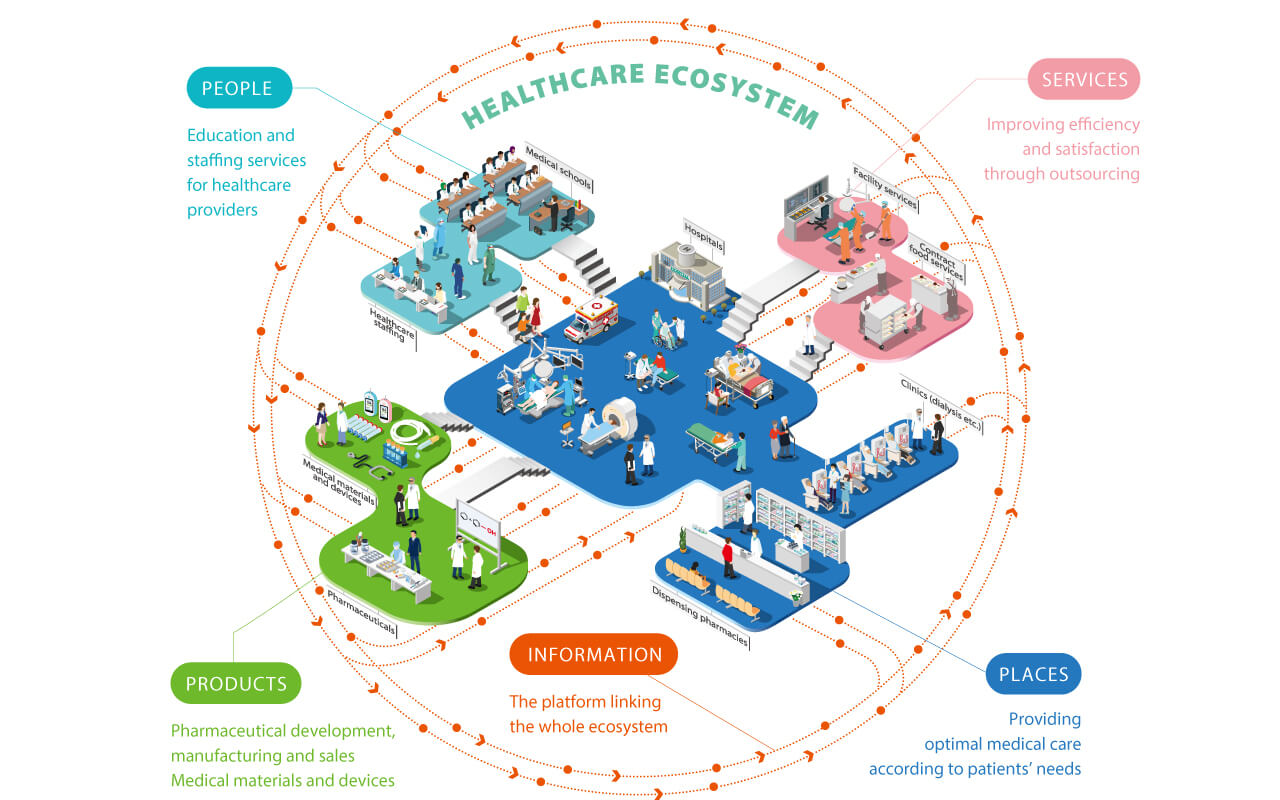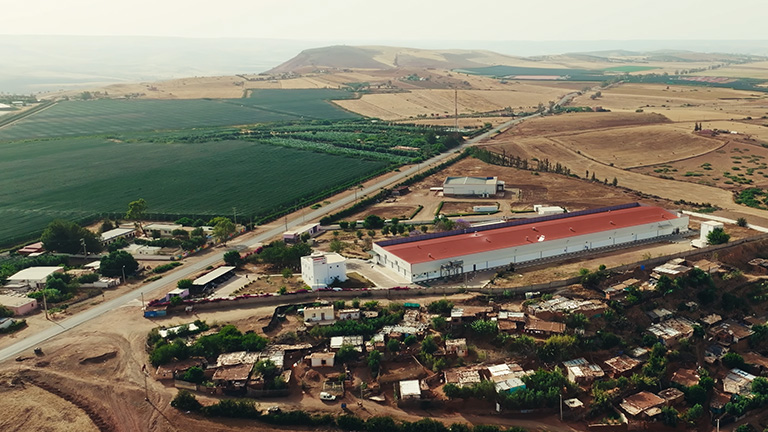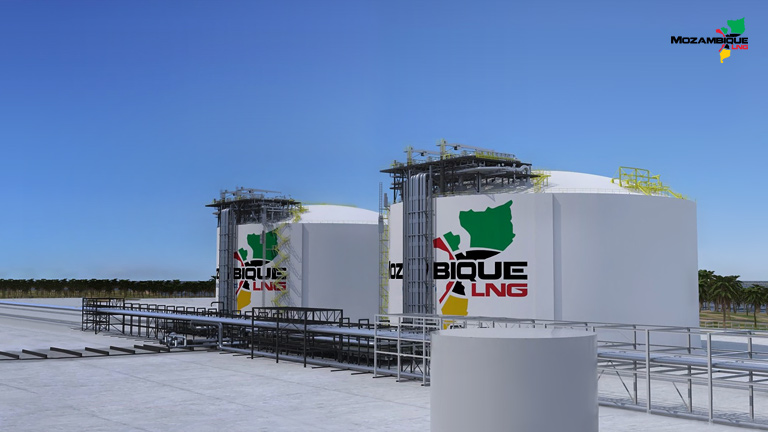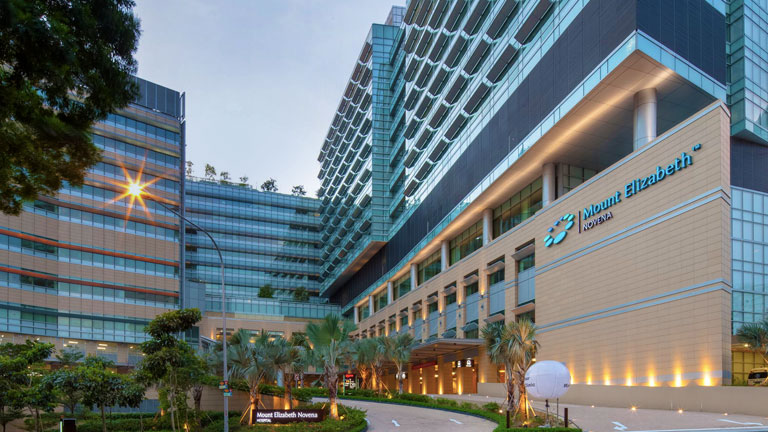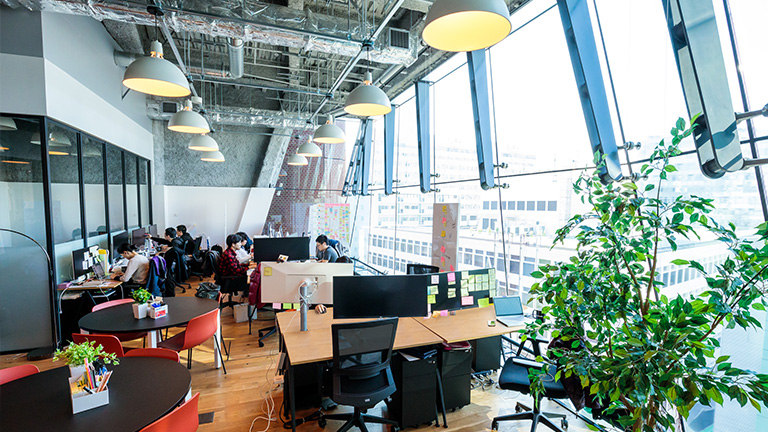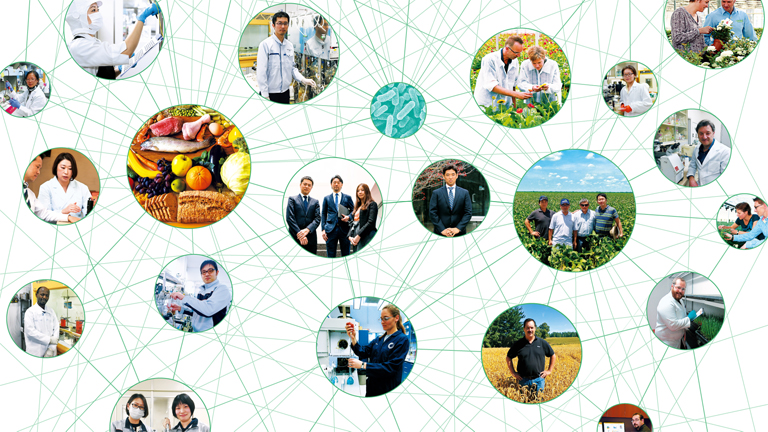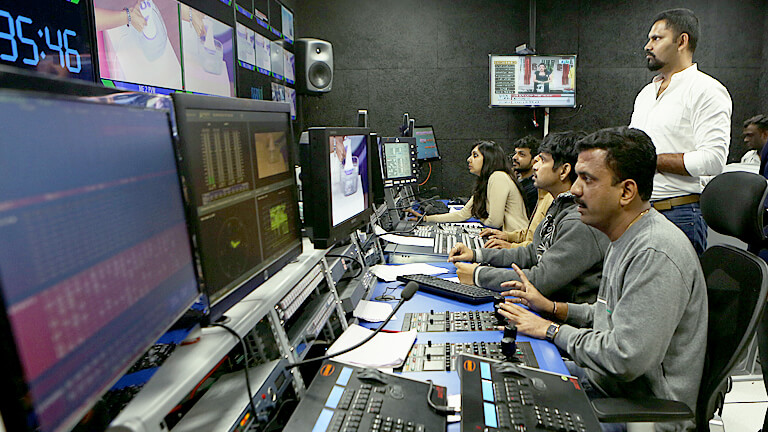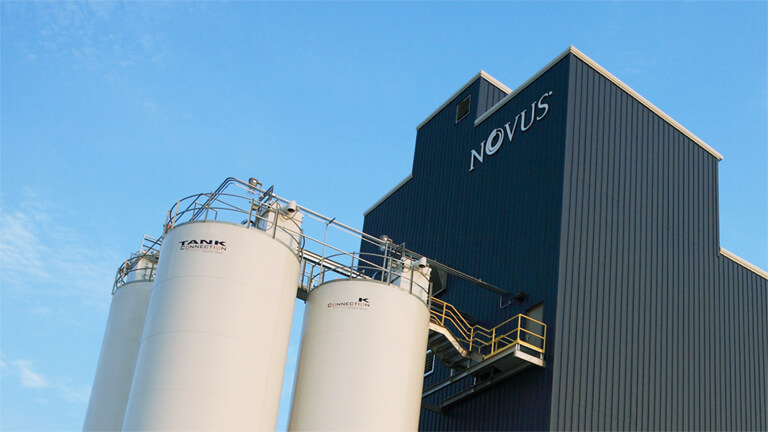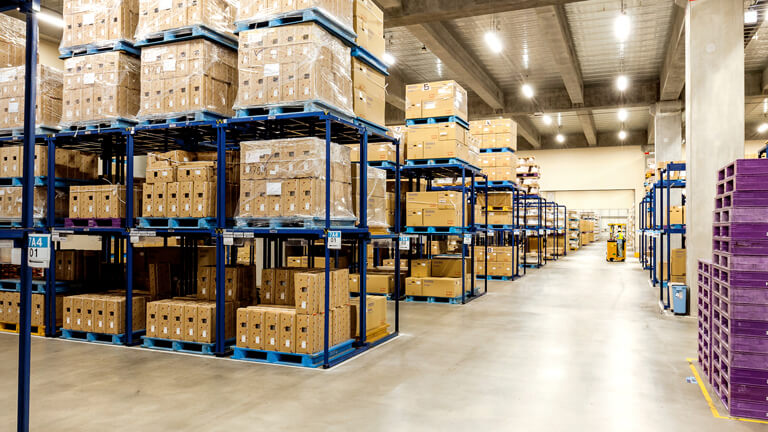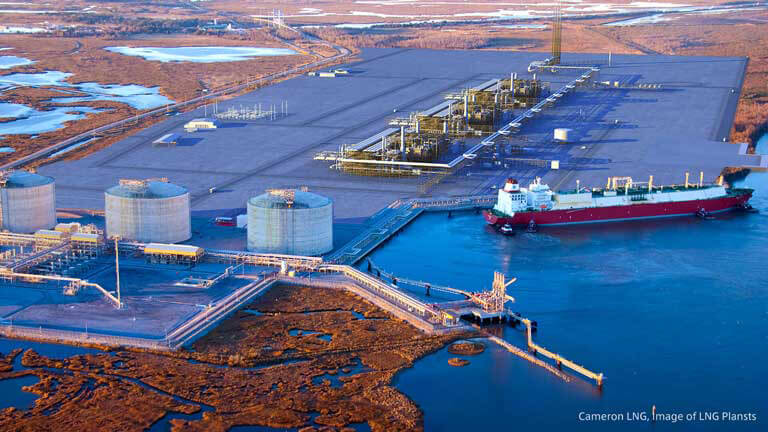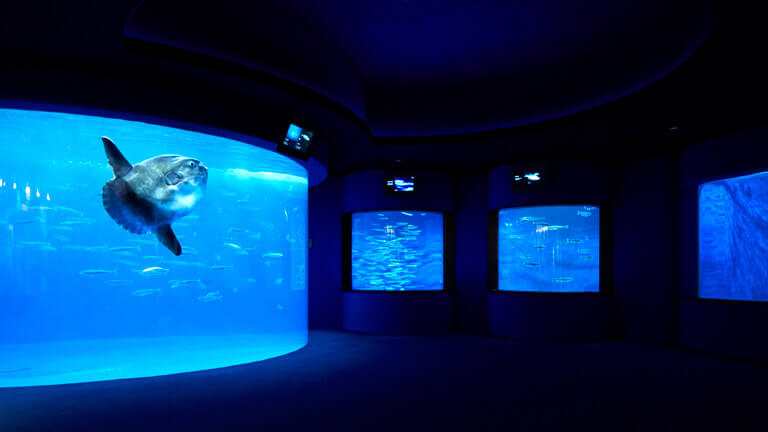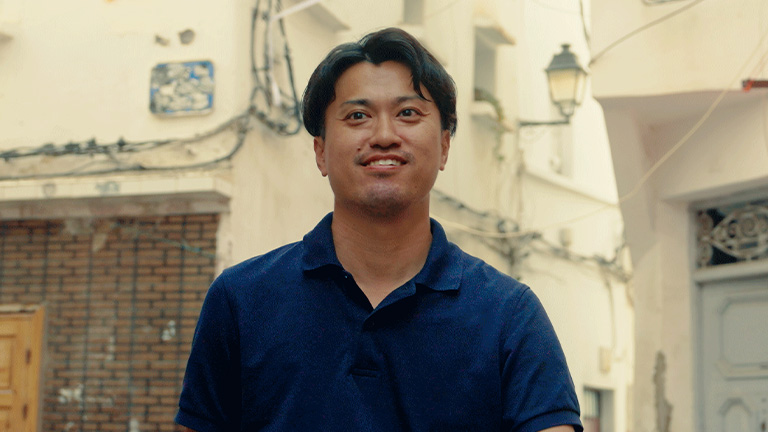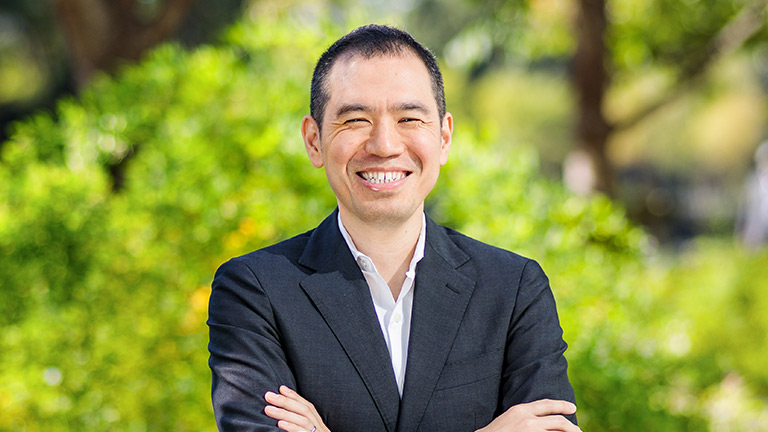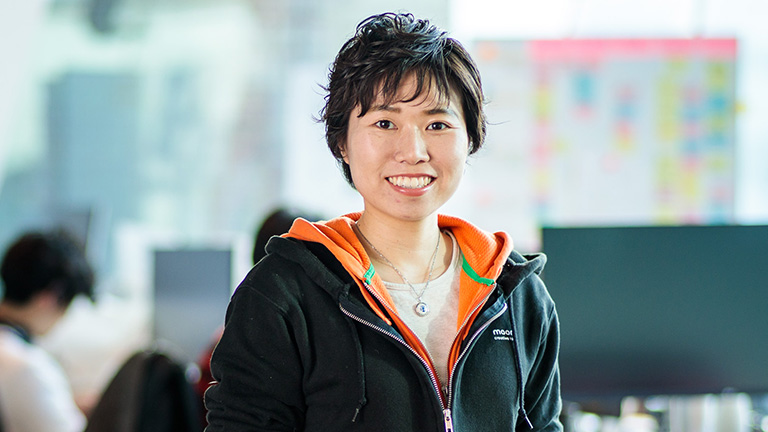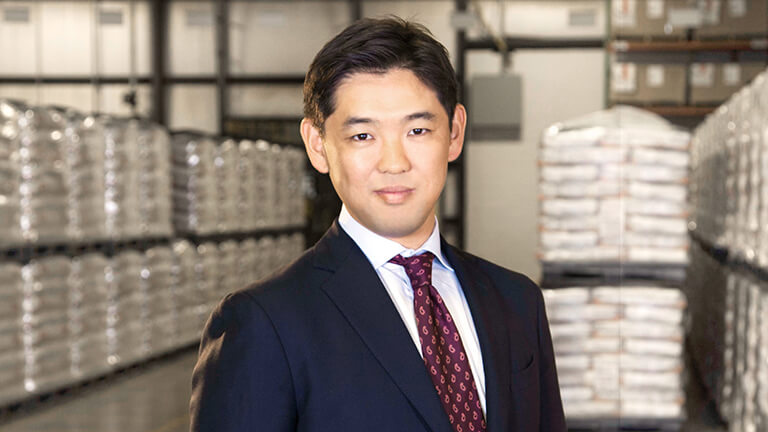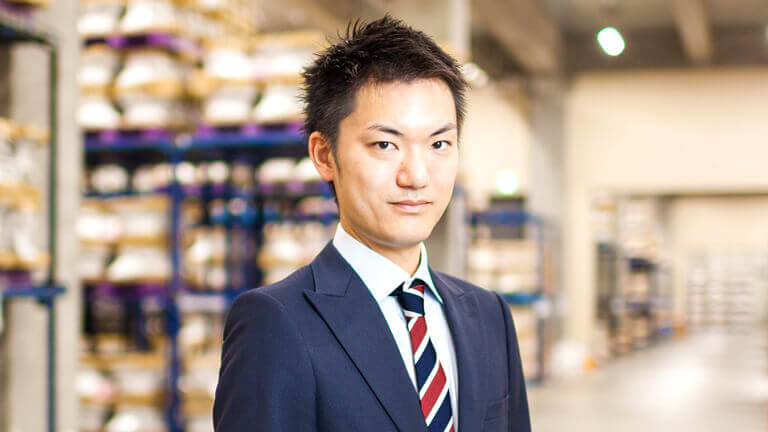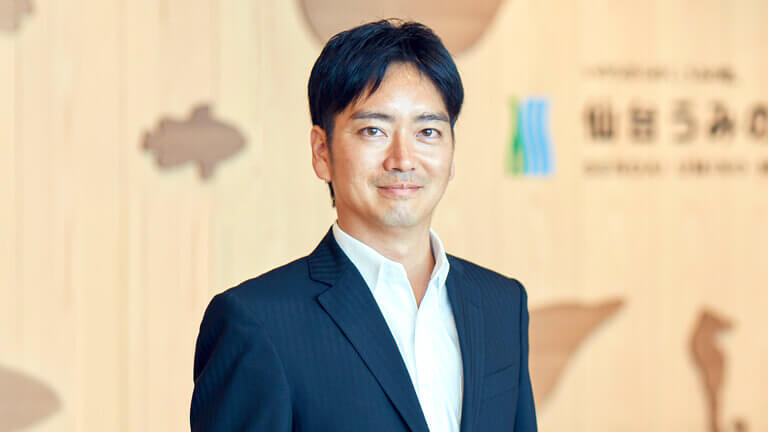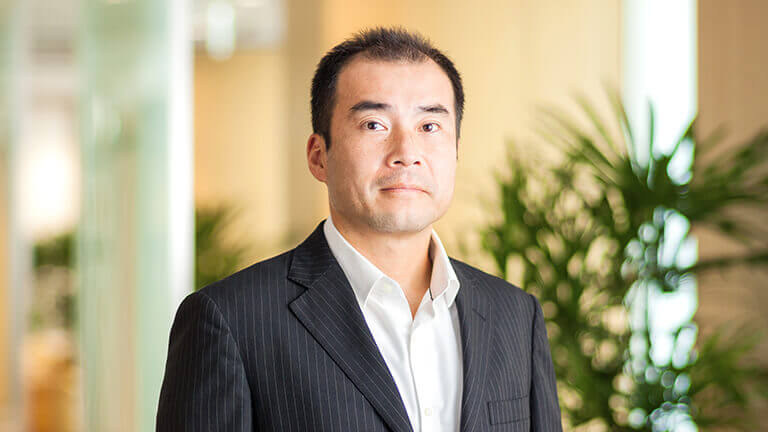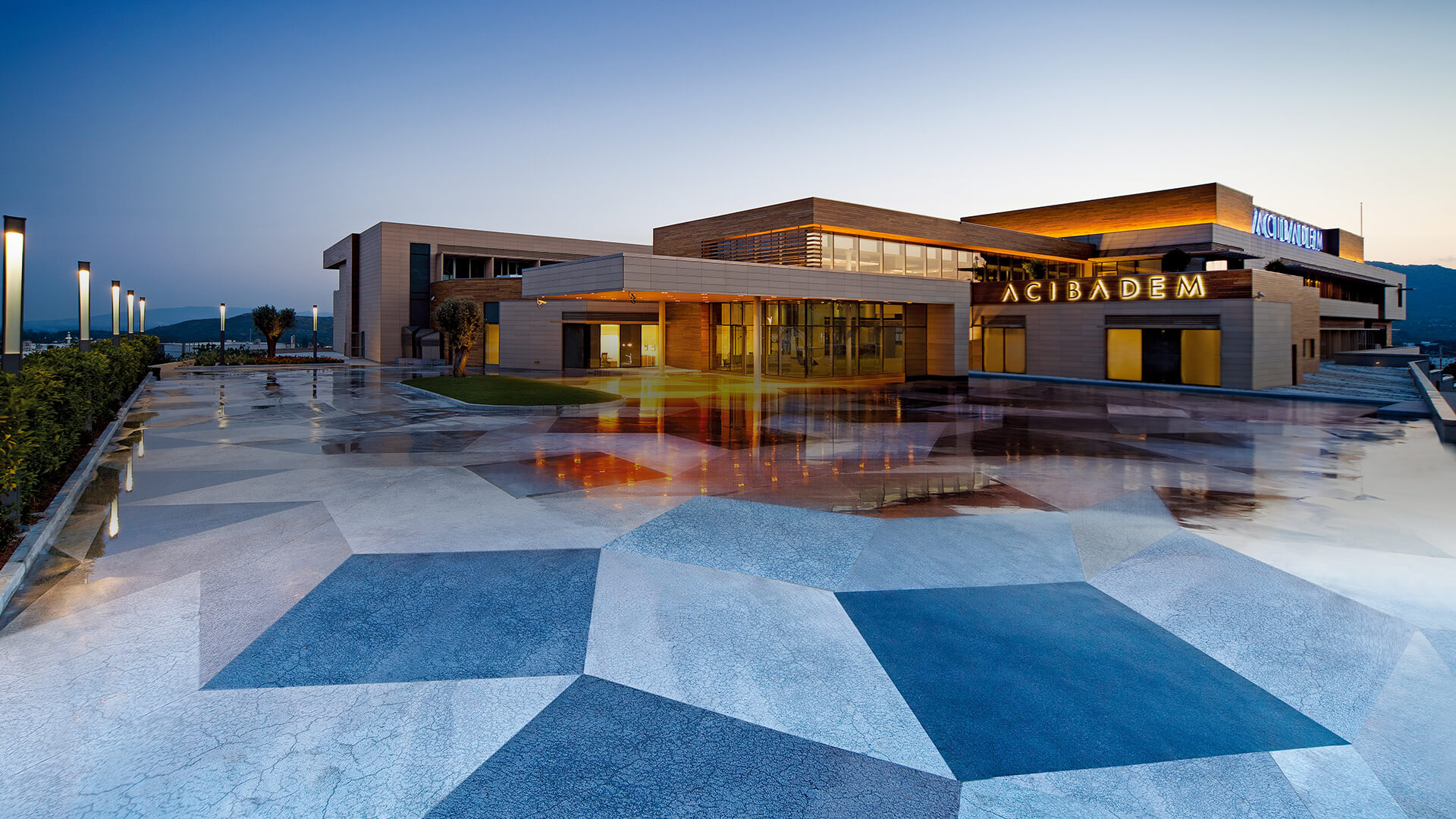
Business Innovation
A Healthy Business Model
Unique among Japan's trading houses, Mitsui has chosen to focus on healthcare as a strategic domain. The company is now busy creating an interlinked healthcare ecosystem with hospitals at its core.
For a long time, Mitsui & Co. has supported the economic growth of emerging nations through the provision of basic services, whether that means electric power in Indonesia or port terminals in Africa. In terms of positive social impact, however, the contribution of “soft” infrastructure—things like education and healthcare—can be just as valuable as that of “hard” physical infrastructure.
It was this insight that led to Mitsui to designate Medical/Healthcare as a key strategic domain in 2008, and to establish a Medical Healthcare Division. The new division pulled together a variety of healthcare-related businesses which were previously dispersed among different business units. From a commercial point of view, the healthcare domain has the key attraction of massive scale—global spending on health is reckoned to be above $7 trillion per year.
Although the new Medical Healthcare Division started life with a goal of building critical mass, it was only after several years of trial and error that it stumbled upon a viable growth strategy. While exploring the potential market for hospital IT services in Asia, it became clear that the biggest mismatch between supply and demand in Asia lay in something much more fundamental than IT: the inadequate supply of hospitals themselves.
Clarifying the mission
Why is Asia underserved by hospitals? First, the region is extremely populous in absolute terms, with China and India between them accounting for over one-third of global population. Second, robust economic growth has created a new middle-class with more money to spend on healthcare. Third, since prosperity brings longevity in its wake, treatment is shifting away from simple communicable diseases to lifestyle diseases like diabetes, heart disease and obesity. While government-run hospitals are quite capable of dealing with communicable diseases, they often lack the resources to provide the sophisticated, long-term care that such lifestyle diseases demand.
Now Mitsui had a mission and a vision: to build hospitals in the emerging world offering the cutting-edge medical know-how of the developed world. And with hospitals firmly positioned at the core, around them we could build an integrated healthcare platform of ancillary services such as clinics and pharmacies, staffing services, catering and cleaning, and data and information services.
Finding a partner
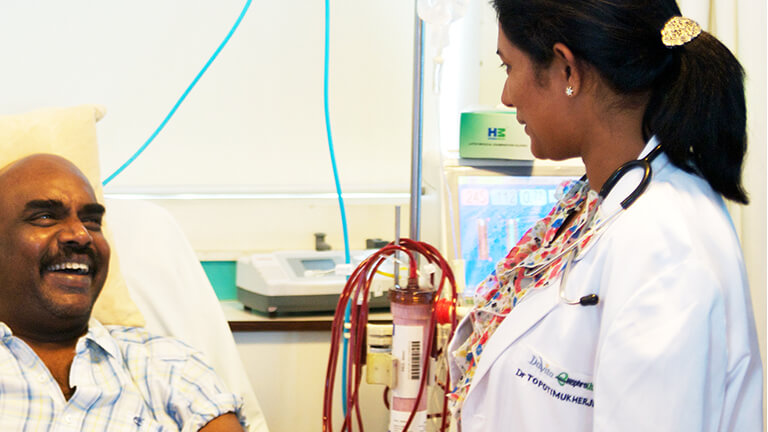
The first step toward creating Asia’s No. 1 healthcare network was to find a suitable partner. Mitsui’s extensive global network proved an advantage. Since the early 2000s, our affiliates had been conducting clinical trials for new drugs at the hospitals of IHH Healthcare Bhd., Asia’s largest hospital group. When IHH let us know that their owner, Malaysia’s sovereign wealth fund, was keen to sell down part of its stake, we initiated negotiations immediately.
In May 2011, Mitsui thus acquired a 30% stake (now 18.1%) in IHH for around US$1 billion. At the time of the acquisition, IHH had a portfolio of 16 hospitals and 3,500 beds in Singapore and Malaysia, where it was the market No.1 and No. 2, respectively. The portfolio has since grown to 53 hospitals and almost 10,000 beds thanks to acquisitions like that of Acibadem, Turkey’s biggest hospital group, in 2012, and of Apollo Hospitals Enterprise Limited, India’s second-largest hospital group, in 2015. As of June 30, 2016, IHH was the second-largest listed hospital operator in the world.
Investing in IHH represented a milestone for Mitsui’s healthcare business. By sending a clear signal of our commitment, it transformed industry perceptions overnight. We were seen as a major player and a wide variety of investment opportunities began to be brought to us for consideration.
Building a platform
Several years on from the IHH investment, Mitsui’s vision of a broad, integrated healthcare platform is starting to take shape. We invested in DaVita Care, a dialysis clinic operator that is an offshoot of the world’s No. 2 provider of kidney care services in May 2016 (The number of people needing dialysis is rising with the spread of diabetes).
Looking to a healthy future
In April 2016, the Medical Healthcare Division was reborn as the Healthcare & Service Business Unit, one of Mitsui’s fifteen business units and a testimony to healthcare’s positioning as a growth pillar. In the years ahead, Mitsui will continue to leverage the operational synergies between our complementary healthcare, service and pharmaceutical business to create a healthcare ecosystem that can offer everyone easy access to high quality care at affordable prices in Asia, Japan and around the world.
Please scroll horizontally to look at table below.
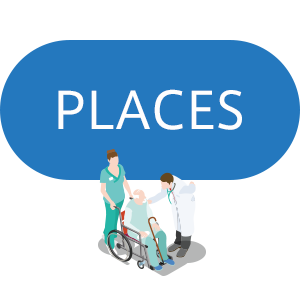
|
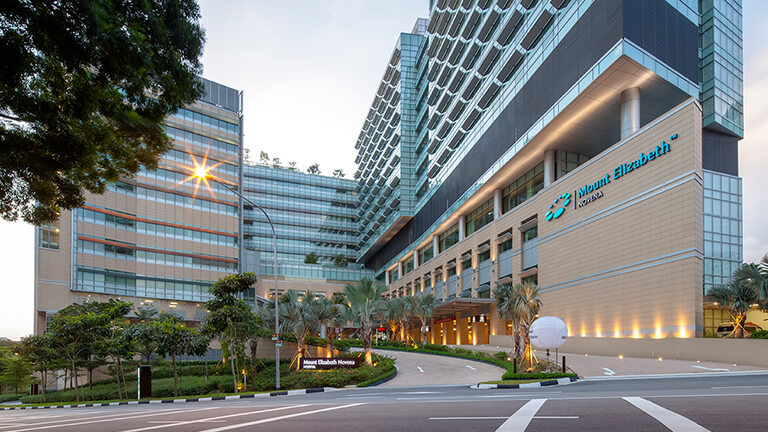
|
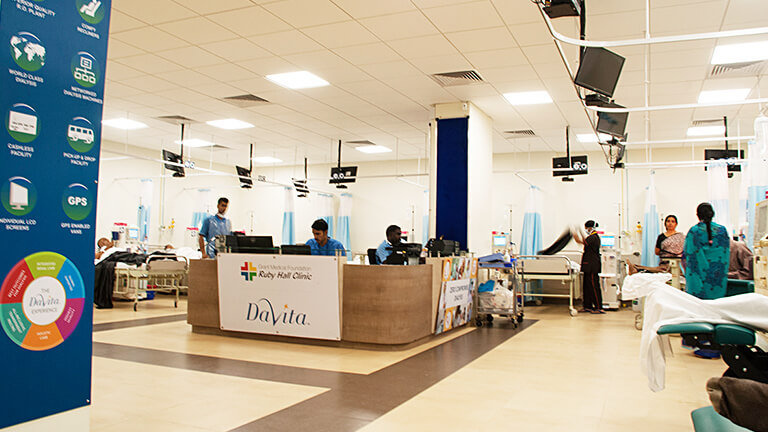
|
|---|

|

|

|
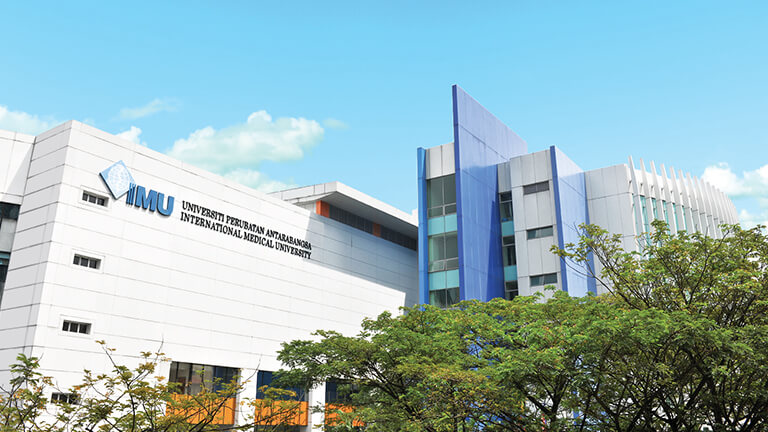
|
|---|

|
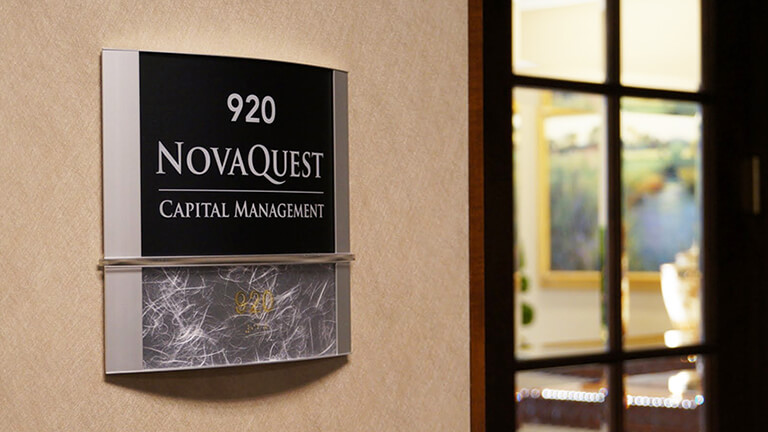
|

|
|---|
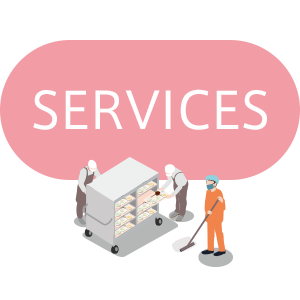
|
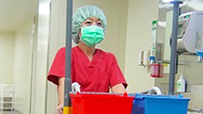
|

|
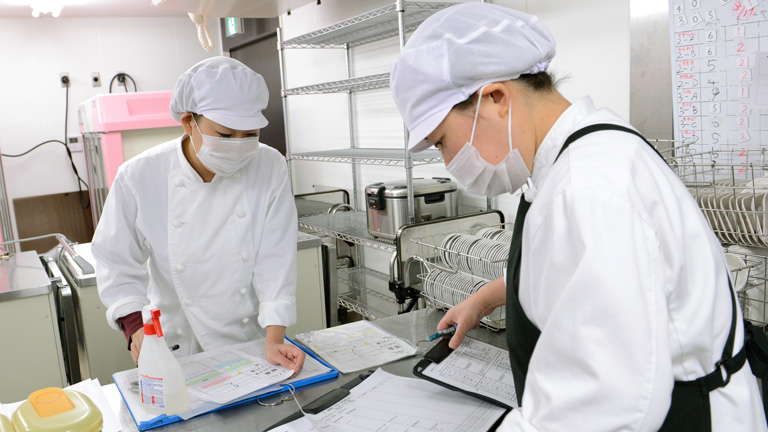
|
|---|

|
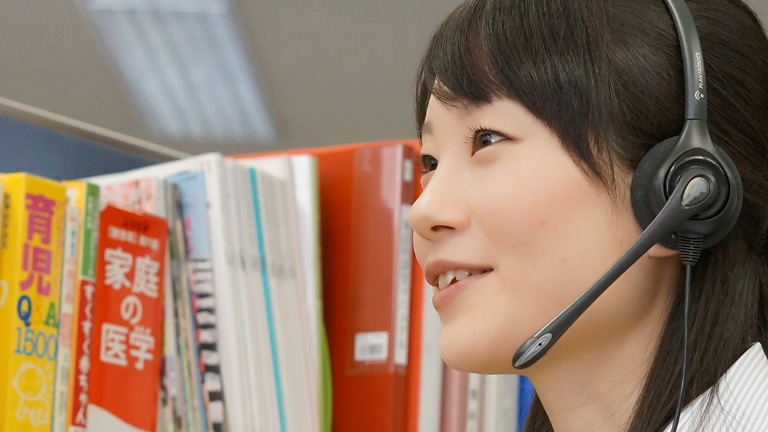
|
|---|
Posted in November 2016
Updated in June, 2021
